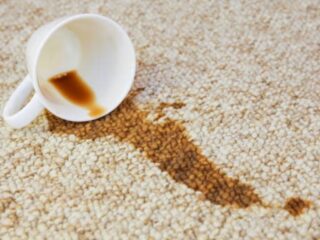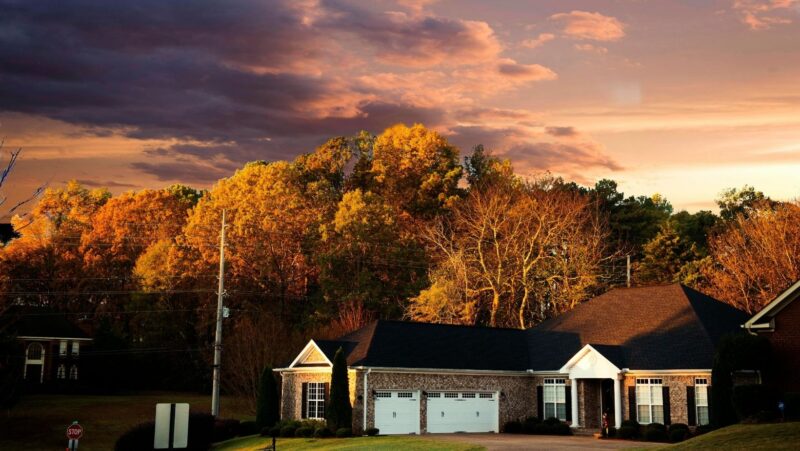
Swimming pools offer a refreshing escape and a popular gathering spot for families, especially during the summer months. However, these enjoyable amenities come with significant risks—particularly for children and non-swimmers. Pool-related accidents can lead to catastrophic injuries or fatalities, and the aftermath often raises difficult legal questions: Who is responsible, and under what circumstances can they be held liable?
In California, premises liability law governs pool-related injuries, placing a legal obligation on property owners to ensure their pools are reasonably safe. Whether the incident occurs at a private home, hotel, apartment complex, or community center, the injured party may be entitled to compensation if the owner failed to take proper safety precautions. In these situations, the guidance of experienced premises liability lawyers at Jacoby & Meyers Accident & Injury Lawyers can make a crucial difference in determining accountability and securing justice.
Common Types of Pool-Related Accidents
Swimming pool environments can pose various safety hazards, especially when proper precautions aren’t taken. These accidents range in severity and are often preventable with diligent maintenance, design, and supervision. Below is a breakdown of the most common types of pool-related accidents:
- Drowning
The most severe and tragic pool accident, especially among young children. It remains a leading cause of unintentional injury-related death in this age group.
- Non-Fatal Drowning
Surviving a drowning incident doesn’t always mean a full recovery—lack of oxygen during submersion can lead to irreversible brain damage.
- Spinal Cord Injuries
Often caused by diving into shallow water, these accidents can lead to partial or complete paralysis.
- Broken Bones and Lacerations
Injuries such as fractures or deep cuts may occur due to rough play, poolside collisions, or broken pool equipment.
- Slip-and-Fall Accidents
Common around wet decks and slick tile surfaces, these falls can lead to sprains, head trauma, or other serious injuries.
- Electrocution
Can result from exposed wiring or malfunctioning electrical systems in pool lighting, pumps, or heaters.
- Entrapment
Caused by defective or unsecured pool drains, which can trap swimmers underwater by hair, clothing, or limbs.
Legal Responsibilities of Pool Owners
Under California law, pool owners owe a duty of care to visitors and must take reasonable steps to ensure their property is safe. This includes adhering to the California Swimming Pool Safety Act, which mandates specific safety features for residential pools, such as isolation fences with self-latching gates, pool covers, and alarms.
The law distinguishes between invited guests, licensees (such as utility workers), and trespassers, with varying degrees of responsibility owed to each. However, if the property contains an attractive nuisance—like a pool that is not properly secured—the owner may still be liable for injuries, even to trespassing children. Failure to address known hazards or comply with safety codes can significantly strengthen a victim’s claim.
Public vs. Private Pool Liability
Here’s a table that clearly outlines the differences and similarities between public and private pool liability:
| Aspect | Public Pools | Private Pools |
| Regulatory Oversight | Subject to strict health and safety regulations | Minimal oversight, mostly local ordinances or homeowner responsibilities |
| Examples | Hotels, gyms, municipal and community pools | Residential homes, apartment complexes, rental properties |
| Water Quality Maintenance | Mandatory, with regular inspections | Expected, but not routinely inspected |
| Safety Equipment Requirements | Must have safety equipment (e.g., life rings, depth markers, ladders) | Recommended but not always legally required |
| Lifeguard Presence | Often required by law | Not required |
| Signage | Legally mandated (rules, warnings, depth indicators, etc.) | Advised but not always enforced |
| Liability for Supervision | Can be held liable for poor staff training or lack of supervision | Liable if children access the pool unsupervised due to poor fencing/security |
| Premises Liability | High due to public access and duty of care | Liable for injuries due to known hazards or lack of safety features |
Children, Pools, and the Attractive Nuisance Doctrine
Pools are one of the most common attractive nuisances—hazardous features that are especially enticing to children who may not recognize the danger. California courts acknowledge that children are not held to the same standard of awareness and judgment as adults. Therefore, property owners have a greater responsibility to secure their pools to prevent unsupervised access.
This includes not only physical barriers like fences and covers but also implementing audible alarms and motion-activated lighting when appropriate. If a child gains access to a pool because the owner failed to take adequate precautions, the owner may be held liable regardless of whether the child had permission to be on the property.
Determining Negligence in Pool Accident Cases
Negligence occurs when a property owner fails to exercise the level of care that a reasonable person would in similar circumstances. In pool accident cases, this may include failing to repair broken gates, allowing dangerous equipment to remain in use, or neglecting to clean algae from slippery surfaces.
To prove negligence, the injured party must establish that the owner had a duty of care, breached that duty, and caused an injury as a direct result. This often requires gathering physical evidence, interviewing witnesses, and working with experts who can analyze maintenance practices and safety compliance. A well-documented case can effectively demonstrate how the accident was preventable.
Compensation Available for Pool Accident Victims
Victims of pool-related injuries may be entitled to a range of compensatory damages. These include medical expenses—both immediate and long-term—physical therapy, lost income from missed work, and diminished future earning capacity. Non-economic damages like pain and suffering, emotional trauma, and loss of enjoyment of life may also be awarded, particularly in severe or life-changing cases.
In instances involving fatal accidents, surviving family members may pursue a wrongful death claim, which can cover funeral expenses, loss of companionship, and the financial impact of losing a loved one. Legal claims not only help alleviate the financial burden on victims but also hold negligent parties accountable for their actions.
Shared Liability and Comparative Fault
Sometimes, more than one party shares responsibility for a pool accident. For example, if a guest was intoxicated and ignored posted warnings or engaged in reckless behavior, a court may find them partially at fault. California’s comparative fault system allows injured parties to recover compensation even if they are partly responsible, but their award will be reduced by their percentage of fault.
This legal structure means that a case must be carefully presented to emphasize the property owner’s negligence while minimizing the injured party’s share of liability. An experienced legal team can help navigate these complexities and argue effectively for the maximum possible compensation.
Steps to Take After a Pool Accident
If you or a loved one is injured in or around a pool, taking immediate action is vital. Begin by seeking medical attention, even if the injuries seem minor—some issues, like head trauma or internal injuries, may not be immediately apparent. Document the scene by taking photographs or videos of the area, identifying any broken safety features, and collecting contact information from witnesses.
Notify the property owner or facility manager and request a written report of the incident if applicable. Preserve any physical evidence, such as damaged swimwear or shoes, that may support your claim. Finally, contact a premises liability attorney as soon as possible to begin evaluating your legal options and building a case.
Legal Protection After a Poolside Injury
Swimming pools should be a source of enjoyment, not danger. When accidents occur due to preventable hazards, property owners must be held accountable under the law. California’s premises liability framework is designed to protect individuals from unsafe conditions and to ensure that negligent parties are brought to justice.
Whether the incident involves a child injured in an unsecured backyard pool or a guest harmed at a public facility, victims have the right to seek compensation. By understanding your rights and partnering with qualified legal professionals, you can take meaningful steps toward recovery and ensure a safer environment for others in the future.









